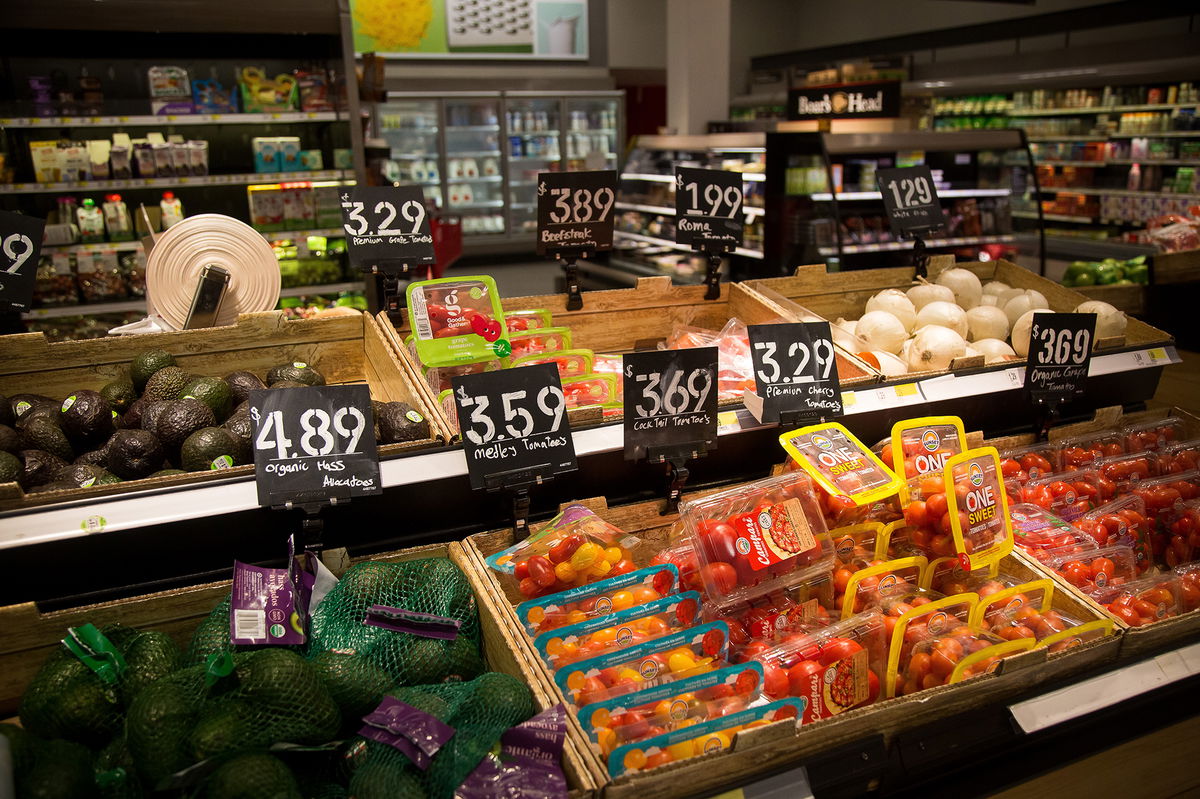Key inflation measure shows wholesale prices fell last month

A key measure of inflation fell dramatically in February
By Alicia Wallace, CNN
A key measure of inflation fell dramatically in February, according to the latest Producer Price Index, which tracks what America’s producers get paid for their goods and services.
Producer price increases slowed to an annual pace of 4.6% last month, significantly lower than the downwardly revised 5.7% in January, the Labor Department reported Wednesday. February prices fell by 0.1% after rising by a downwardly revised 0.3% in January.
Economists surveyed by Refinitiv had been expecting the 12-month rise in wholesale prices to slow to a 5.4% increase.
Taking out the often volatile food and energy components, core PPI also notched some stark declines: Annual price increases dropped to 4.4%, and the index was unchanged from the month before (0% growth). Those are down from January’s downwardly revised 5% annual price gain and 0.1% monthly increase.
Contributing to the headline PPI decline was a 0.2% drop in final demand goods, which had spiked 1.2% in January, according to Bureau of Labor Statistics data. The final demand services index was down 0.1%, driven by a 0.8% drop in trade and a -1.1% drop in transportation and warehousing.
Final demand foods dropped 2.2%, and within that category, egg prices sank 41.3% over the month. Eggs for fresh use are now up 38.2% for the year ended in February, a huge decline from the record high annual increase of 244% in November 2022.
PPI is one of several closely watched inflation gauges. Because the producer-centric index captures price shifts upstream of the consumer, it’s sometimes looked to as a potential leading indicator of how prices may eventually land at the store level.
“Consumers have shown little retreat on the spending front, so at least a small dip in services providers’ prices should relieve the impetus for those costs to be passed on to consumers,” Stuart Hoffman, senior economic adviser for PNC Financial Services Group, wrote on Wednesday. “PNC continues to forecast a mild recession in the latter half of 2023 resulting in large part from consumer demand hitting a wall as costs have risen for both necessities and recreational/discretionary spending — the latter comprising many services spending categories.”
Separate data released Wednesday by the Commerce Department showed a 0.4% decline in retail sales during February from the month before.
Consumer prices have come down, albeit more slowly.
The latest Consumer Price Index, which was released Tuesday, showed prices were up 6% during the 12 months ended in February. In January, the headline CPI measured 6.4%.
This week’s data will factor into the Federal Reserve’s policymaking discussions and determinations next week. The Fed has been on a yearlong campaign of monetary policy tightening to bring down historically high inflation. However, the Fed’s approach has grown more complicated with the recent collapse of Silicon Valley Bank and unease in the banking sector.
“The downward surprise to February’s PPI report is good news for the Fed, though with yesterday’s CPI report showing inflation is still sticky in the services sector it will figure little in next week’s decision to raise interest rates by [a quarter point],” said Oxford Economics’ economists Matthew Martin and Ryan Sweet in a note Wednesday.
The-CNN-Wire
™ & © 2023 Cable News Network, Inc., a Warner Bros. Discovery Company. All rights reserved.
